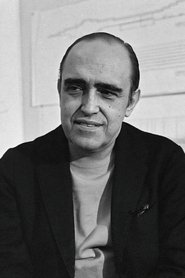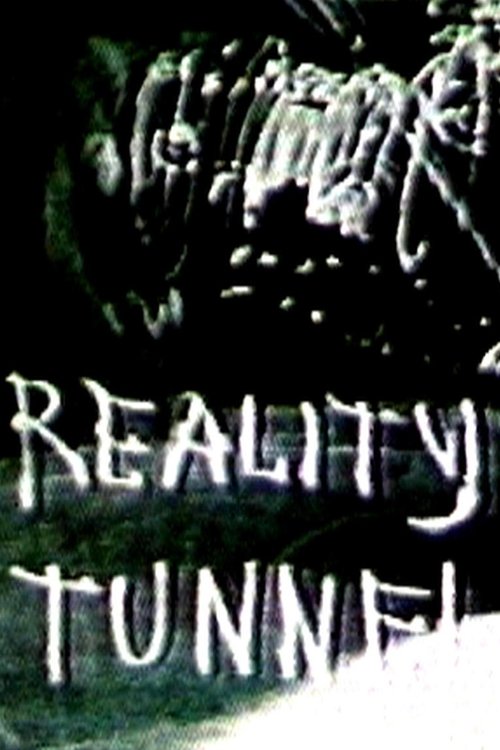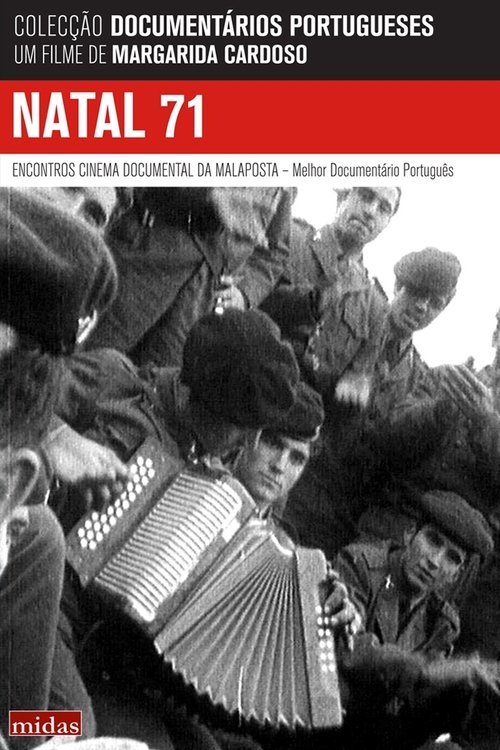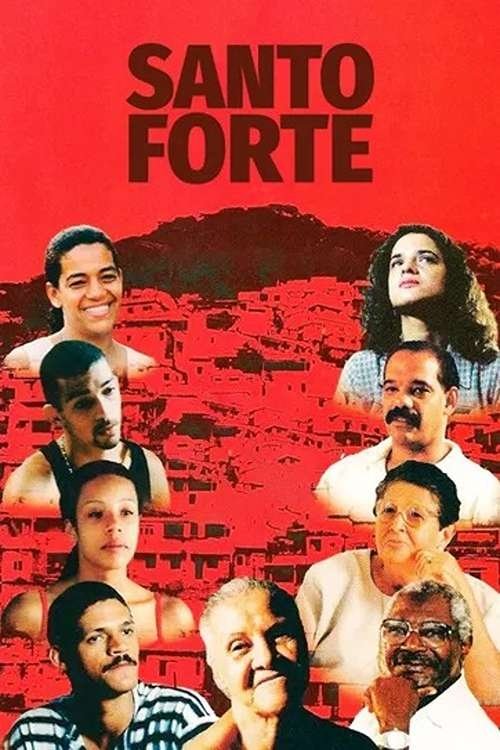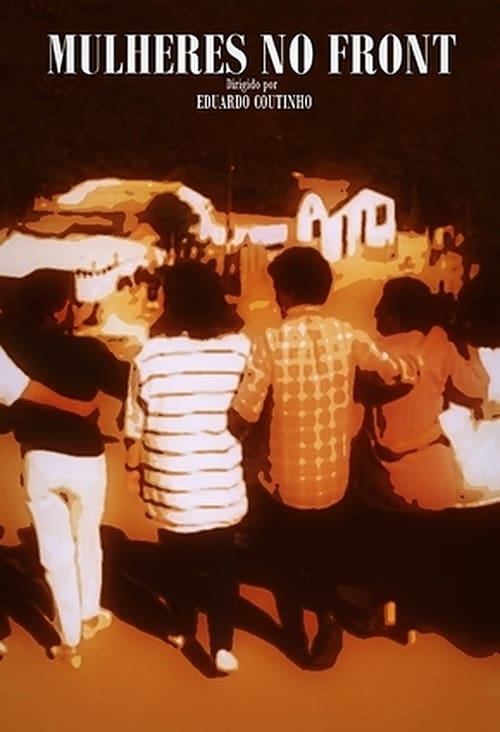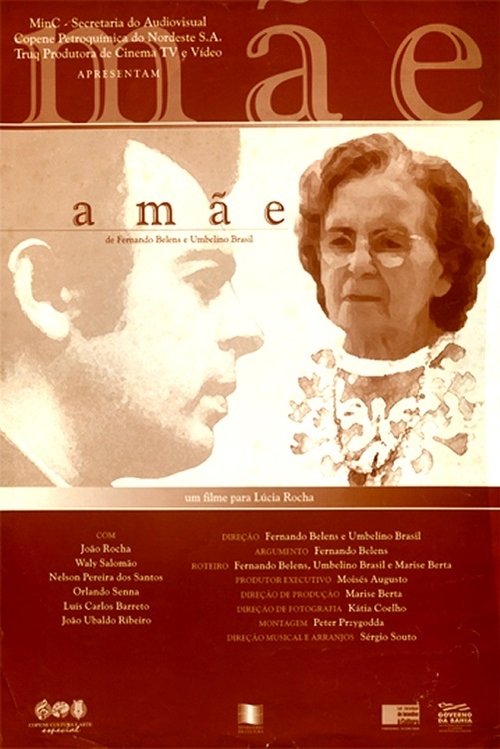
Ask Your Own Question
What is the plot?
What is the ending?
In the ending of "The Comrade: The Life of Luiz Carlos Prestes," Prestes faces the culmination of his political struggles and personal sacrifices. After years of fighting for communism in Brazil, he finds himself in a state of disillusionment. The film concludes with Prestes reflecting on his life, the impact of his actions, and the sacrifices made by those around him, particularly his wife, who has endured much suffering due to his political commitments. The final scenes depict a somber acknowledgment of the challenges ahead for Brazil and the ongoing fight for justice.
As the film approaches its conclusion, the narrative unfolds with a series of poignant scenes that encapsulate the essence of Prestes' journey.
Scene 1: The setting shifts to a dimly lit room where Luiz Carlos Prestes sits alone, surrounded by the remnants of his past. The walls are adorned with faded photographs of his comrades and moments of revolutionary fervor. The weight of his decisions hangs heavily in the air, and his expression reflects a mix of regret and determination. He gazes out the window, lost in thought, contemplating the sacrifices made by his followers and the toll it has taken on his personal life.
Scene 2: The camera transitions to a flashback of Prestes' wife, Maria, who has been a steadfast supporter throughout his tumultuous political career. We see her enduring the hardships of their life together, often alone and worried about Prestes' safety. In this moment, the audience witnesses her emotional turmoil, the loneliness that accompanies her unwavering loyalty, and the sacrifices she has made for the cause. Her face is a canvas of strength and vulnerability, embodying the struggles of those who stand behind revolutionary figures.
Scene 3: The narrative then shifts back to the present, where Prestes receives news of the political climate in Brazil. The government is cracking down on dissent, and the hope for a better future seems to be slipping away. He gathers with a small group of loyal comrades, discussing their next steps. The tension in the room is palpable as they weigh the risks of continuing their fight against an oppressive regime. Each character's face reflects a mix of fear, hope, and resolve, showcasing the emotional stakes involved in their struggle.
Scene 4: In a moment of introspection, Prestes addresses his comrades, sharing his thoughts on the nature of revolution and the sacrifices it demands. His voice trembles with emotion as he acknowledges the pain and loss that have accompanied their fight. He speaks of the need for unity and resilience, urging them to continue the struggle for justice, even in the face of overwhelming odds. The camaraderie among the group is evident, yet the uncertainty of their future looms large.
Scene 5: The film culminates in a powerful scene where Prestes stands before a gathering of supporters, delivering a heartfelt speech. The crowd is a sea of faces, each reflecting a deep yearning for change. As he speaks, the camera captures the intensity of the moment--the hope, the fear, and the unwavering spirit of those who believe in the cause. Prestes' voice rises above the noise, resonating with the collective desire for a better future.
Scene 6: The final moments of the film depict Prestes walking away from the crowd, his silhouette framed against the setting sun. He carries the weight of his choices, the burden of leadership, and the knowledge that the fight is far from over. The screen fades to black, leaving the audience with a sense of unresolved tension and the understanding that the struggle for justice is an ongoing journey.
In the end, Luiz Carlos Prestes remains a complex figure, embodying the ideals of revolution while grappling with the personal costs of his commitment. His wife, Maria, continues to stand by him, a testament to the sacrifices made by those who support revolutionary leaders. The film closes on a note of somber reflection, emphasizing the enduring nature of political struggle and the personal toll it exacts on those involved.
Is there a post-credit scene?
The movie "The Comrade: The Life of Luiz Carlos Prestes" does not feature a post-credit scene. The film concludes with a poignant reflection on the life and legacy of Luiz Carlos Prestes, focusing on his political struggles and personal sacrifices. The ending emphasizes the impact of his ideals and the historical context of his actions, leaving the audience with a sense of contemplation rather than a continuation of the narrative.
What role does Luiz Carlos Prestes play in the Brazilian Communist Party?
Luiz Carlos Prestes is depicted as a central figure in the Brazilian Communist Party, where he rises to prominence as a leader advocating for workers' rights and social justice. His commitment to the party's ideals drives much of the narrative, showcasing his struggles and triumphs as he navigates the political landscape of Brazil.
How does Prestes' relationship with his wife, Maria Prestes, influence his political journey?
Maria Prestes is portrayed as a significant emotional anchor for Luiz. Their relationship is marked by deep love and mutual support, but also by the strains of political activism. Maria's unwavering support for Luiz's political ambitions often leads to personal sacrifices, highlighting the emotional toll of their intertwined lives.
What events lead to Prestes' imprisonment, and how does he cope with it?
Prestes is imprisoned following a military coup that targets communist leaders. The film vividly depicts his internal struggle during imprisonment, showcasing his resilience and determination to continue fighting for his beliefs despite the harsh conditions. His time in prison becomes a pivotal moment that tests his resolve and commitment to the communist cause.
How does the film portray the impact of Prestes' leadership on the Brazilian populace?
The film illustrates Prestes' leadership as a source of inspiration for many Brazilians, particularly the working class. His speeches and actions galvanize support, leading to mass mobilizations and protests. The emotional responses of the people, ranging from hope to despair, reflect the profound impact of his leadership on the national consciousness.
What challenges does Prestes face from both the government and rival political factions?
Throughout the film, Prestes encounters significant opposition from the Brazilian government and rival political factions, including the military and conservative groups. These challenges manifest in violent confrontations, political betrayals, and attempts to undermine his influence, creating a tense atmosphere that underscores the dangers of his political activism.
Is this family friendly?
"The Comrade: The Life of Luiz Carlos Prestes" is a historical drama that delves into the life of a prominent Brazilian communist leader. While the film is rich in historical context and character development, it does contain several elements that may not be suitable for children or sensitive viewers.
-
Political Violence: The film depicts various instances of political unrest, including protests and confrontations that may involve violence. These scenes can be intense and may evoke strong emotions.
-
Imprisonment and Torture: There are portrayals of imprisonment and the harsh treatment of political prisoners, which can be distressing to watch.
-
Death and Loss: The narrative includes themes of loss, including the deaths of significant characters, which may be upsetting for younger audiences.
-
Ideological Conflict: The film explores complex political ideologies and the struggles associated with them, which may be difficult for children to fully understand.
-
Emotional Turmoil: Characters experience deep emotional struggles, including betrayal, despair, and the weight of their political choices, which may resonate strongly with sensitive viewers.
Overall, while the film is a significant historical portrayal, its themes and content may require parental discretion for younger audiences.











